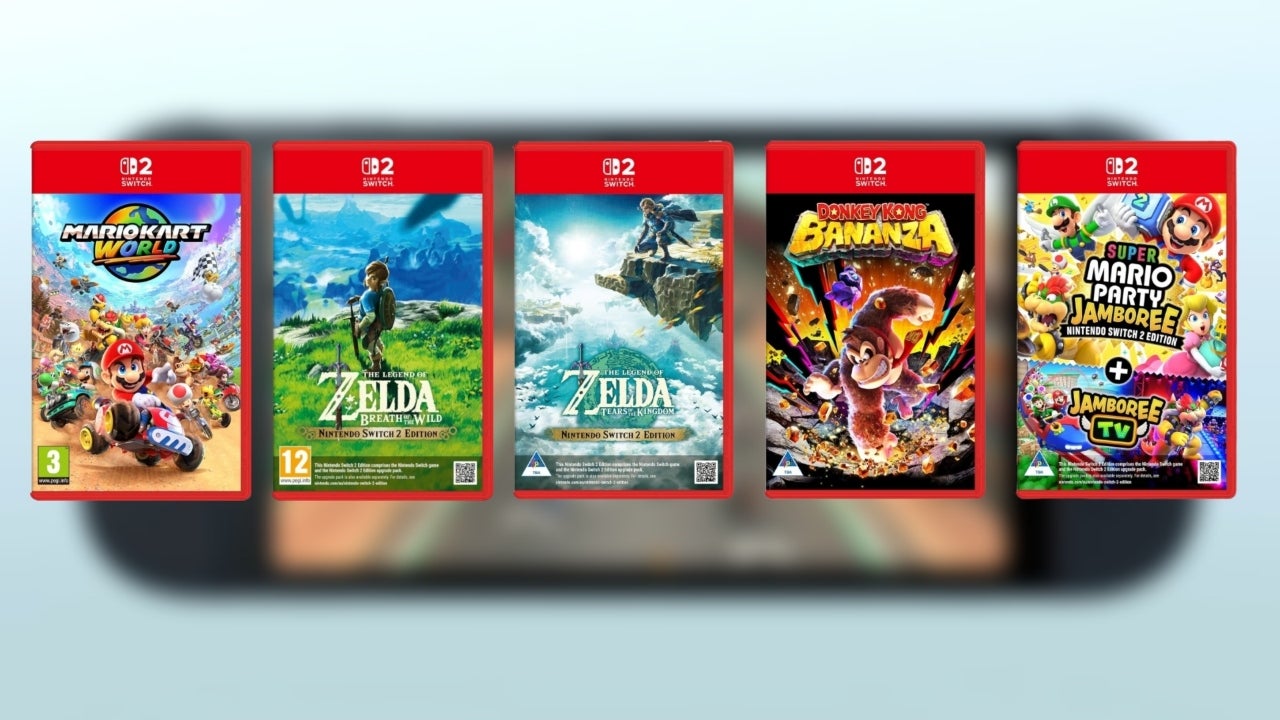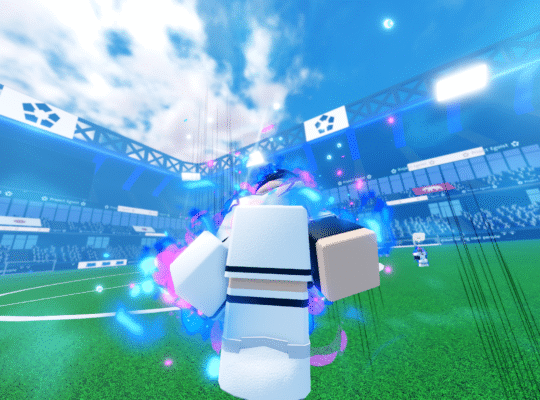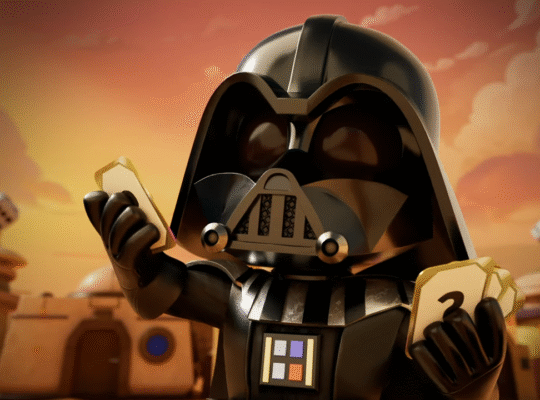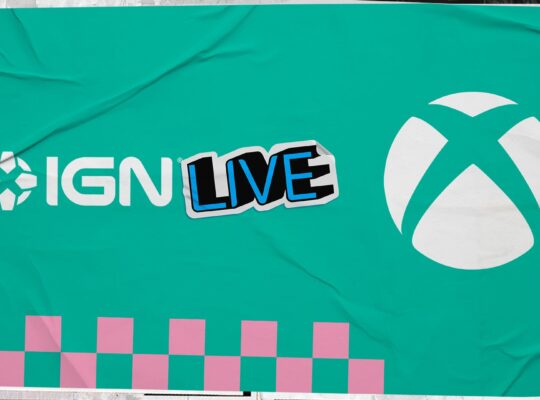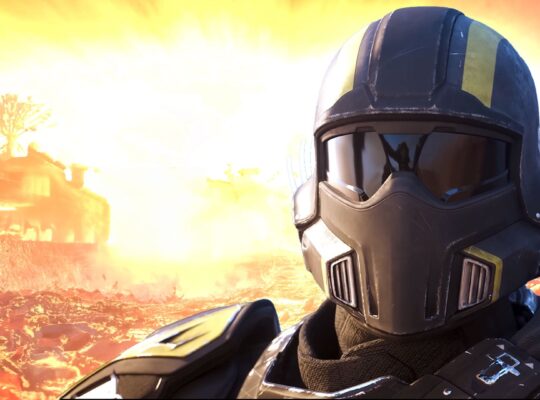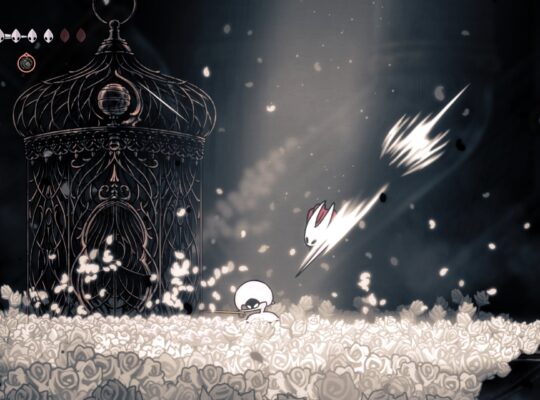
The Nintendo Switch 2 is approaching, and for at least some of its launch catalog, companies are opting for Game-Key Cards rather than fully on-cart physical games. This has understandably not been thrilling for people trying to collect physical game collections, and that includes those trying to preserve games in the long-term.
When Nintendo pulled back the curtain on Switch 2, it confirmed that several new Switch 2 game cards won’t always carry an actual game, but instead contain a key for a game download. Nintendo later clarified that Switch 2 Edition games contain both the game and the upgrade on the cartridge itself.
Switch 2 Game-Key Cards are physical cards that only contain a key to download your chosen game. That means there’s no actual game data on the card you insert into your Switch 2, so you’ll need to download it once the card is inserted. Every Game-Key Card case is appropriately labeled on the lower portion of the front of the box, so if you’re concerned about what exactly you’re purchasing, you should have a heads-up right away.
Games like Street Fighter 6 and the Bravely Default remaster do indeed feature this game-key card disclaimer. Others, such as Mario Kart World and Donkey Kong Bananza, do not. The beefy Cyberpunk 2077, which weighs in at 64 GB on Nintendo Switch 2, comes on a cart.
In a feature over on GamesIndustry.biz, the outlet spoke with several games preservationists about Nintendo’s Game-Key Cards, and what a digital, download-focused approach does for their work. Nightdive Studios CEO Stephen Kick addressed the issue fairly head-on.
“Seeing Nintendo do this is a little disheartening,” said Kick. “You would hope that a company that big, that has such a storied history, would take preservation a little more seriously.”
As pointed out later in the piece by John-Paul Dyson, director of the International Center for the History of Electronic Games at The Strong Museum, some games are difficult to document due to the volatility of online distribution. He highlighted mobile games as one particular challenge, as their versions change with time. The Strong Museum’s solution, it sounds like, is to preserve several versions of a game throughout its lifetime.
Storing and accessing games also becomes an issue, as does any DRM checks on the software. Moving everything onto digital downloads could have an impact on archiving, regardless of whether physical or digital is more popular for sales.
On the upside, as was pointed out by GI.biz’s piece, companies like Square Enix, Capcom, Sega, and Taito have committed to archiving past development materials. Even the scope of what should be saved is unclear though. Should it just be the game, or should there be presentations, notes, and everything else involved, to preserve as much history as possible?
Game-Key Cards have already drawn some controversy over the continued move towards digital versus physical collections. It’s interesting to hear how these affect not just our buying options now, though, but the people trying to ensure we keep our current era preserved for future generations.
Eric is a freelance writer for IGN.


